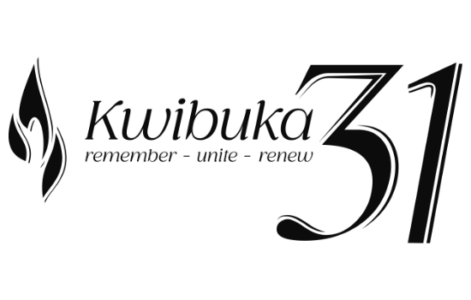GSF Raises Over $9,000 in Solidarity with Survivors Campaign
Posted: December 30, 2020
Written by: Genocide Survivors Foundation
From April to July of this year, Genocide Survivors Foundation (GSF) teamed up with other genocide survivors organizations to fundraise for the most vulnerable survivors in Rwanda facing severe hardship because of the Covid-19 pandemic. The fundraising campaign coincided with the 100 days of commemoration for the 1994 Genocide Against the Tutsi in Rwanda. The survivors organizations partnering for this campaign included GSF, IBUKA-Rwanda, IBUKA-France, IBUKA-Suisse, IBUKA-Belgium, IBUKA-Holland, IBUKA-Italy, IBUKA-Germany, Urukundo Rwandan Organization in Norway, and Ishami Foundation the in U.K.
A Global Fundraising Success
The fundraising campaign was called Survivors in Solidarity as it was initiated by genocide survivors around the world, to help fellow survivors in Rwanda experiencing extreme economic hardship due to the challenges of Covid-19. With many thanks to our generous donors and supporters, GSF raised over $9,000 USD.
The combined fundraising efforts from all the partner organizations, including in-kind donations, totaled 154,006,968 RWF, which is more than $150,000 USD.
Delivering Support to the Most Vulnerable Survivors in Rwanda
At the end of the 100 days, we transferred the donated money to IBUKA-Rwanda, which led the coordination of the campaign. In turn, IBUKA-Rwanda purchased food and other daily necessities for the vulnerable survivors with the combined donations.
Collectively, Survivors in Solidarity delivered support to nearly 6,160 families in Rwanda. With a family averaging three people, each family was given about $25 USD worth of food and necessities.
The Campaign Report
At the conclusion of the fundraising and distribution of money and supplies, the team at IBUKA-Rwanda produced a report on the Survivors in Solidarity campaign. The full report is available below as a PDF. Please click on the blue button below to download the report.
Download Survivors in Solidarity Campaign ReportOur Sincere Thanks
At Genocide Survivors Foundation, we extend our sincere thanks to all who donated to our fundraising campaign. Your generosity made a real and immediate difference to those survivors in Rwanda who are most adversely affected by the COVID-19 health pandemic.
« Back to News + Blog
